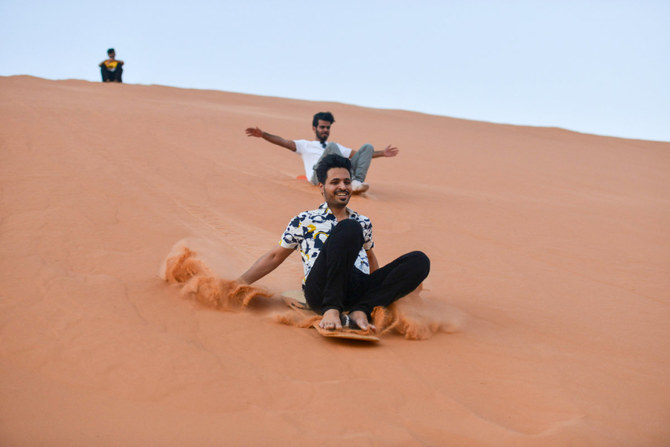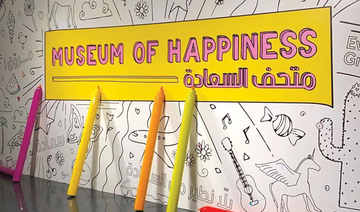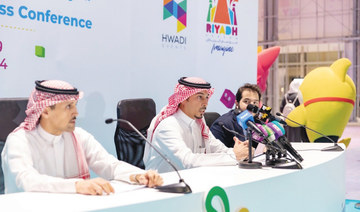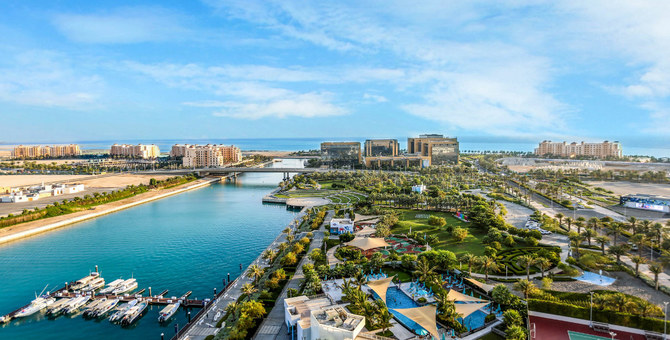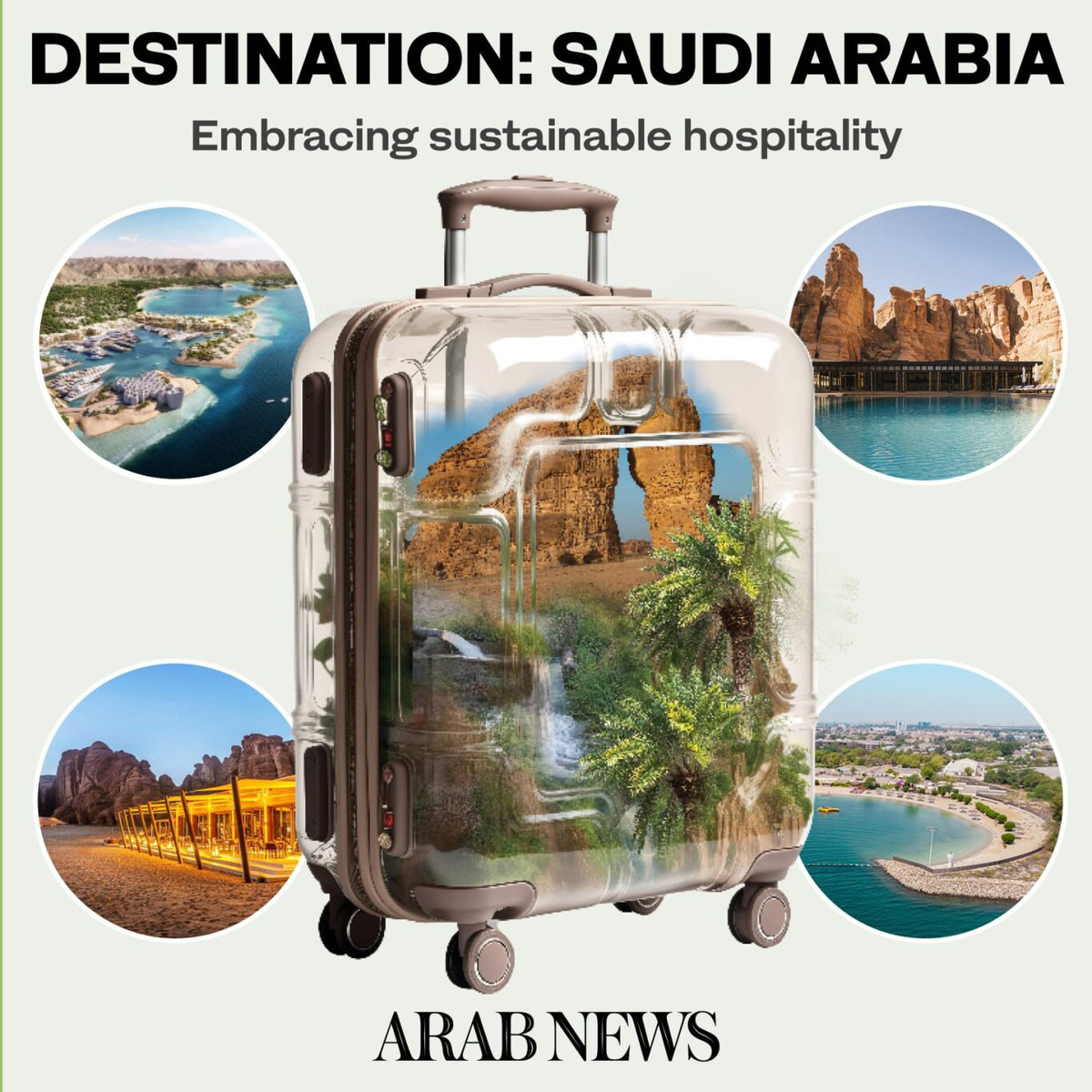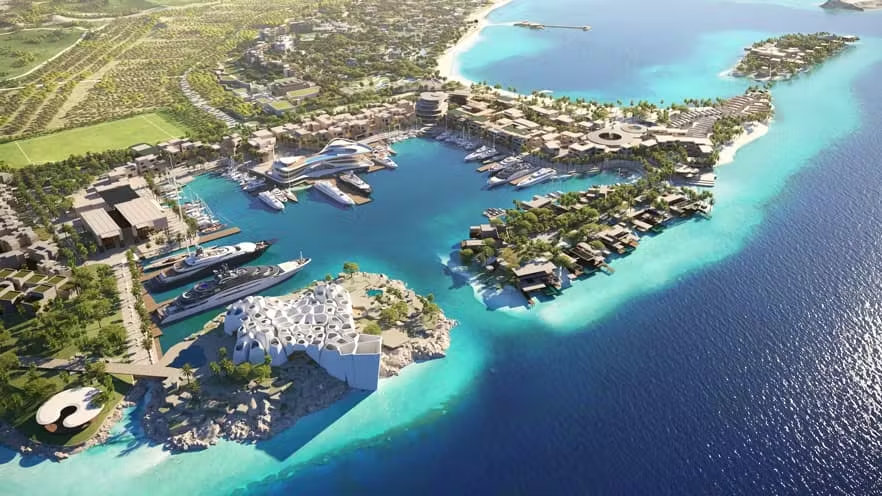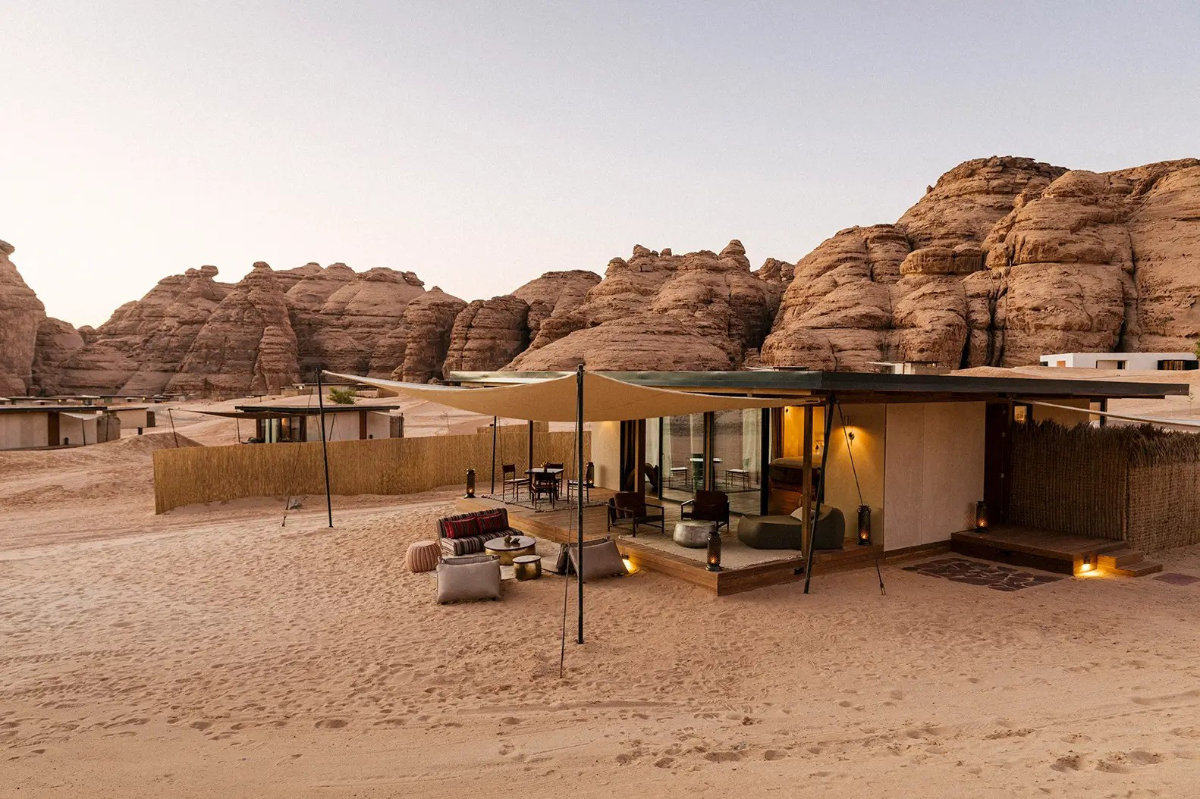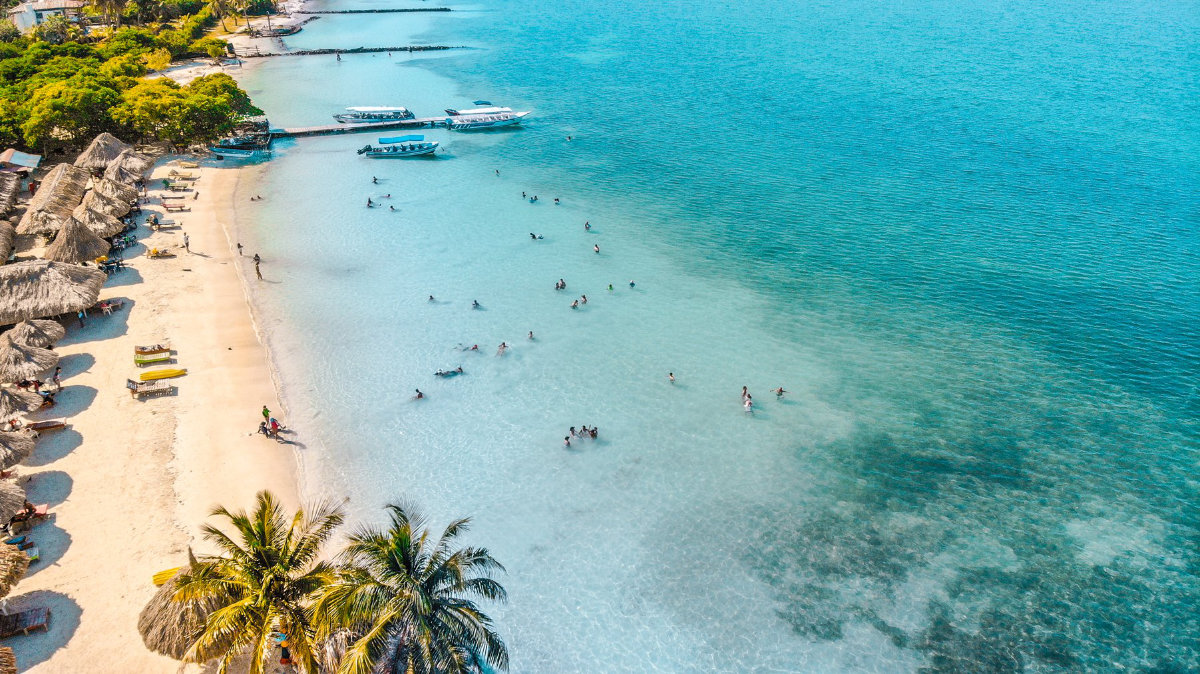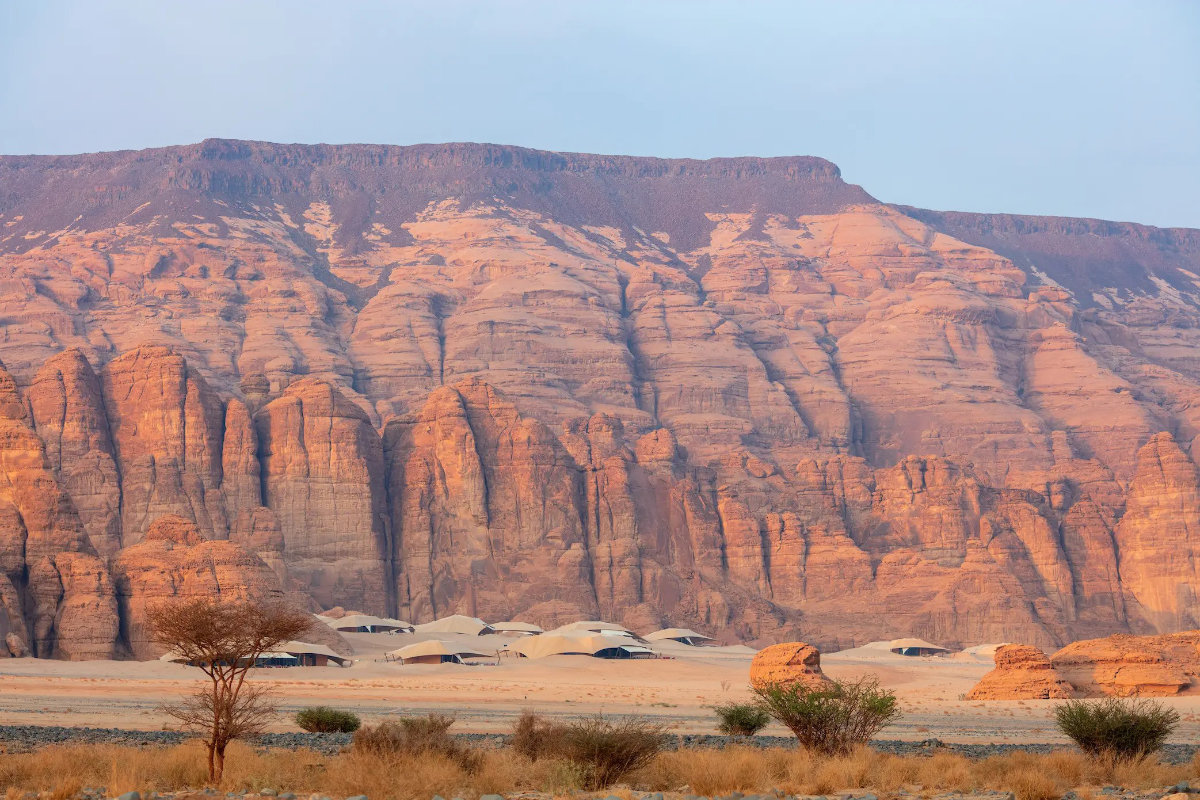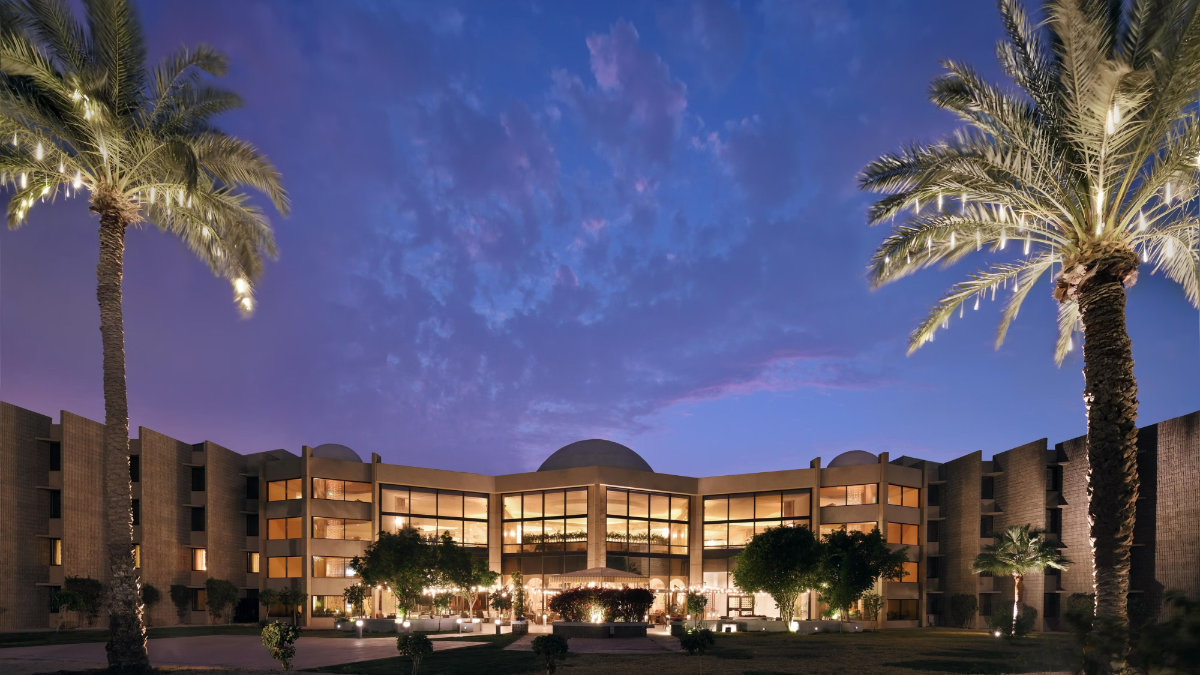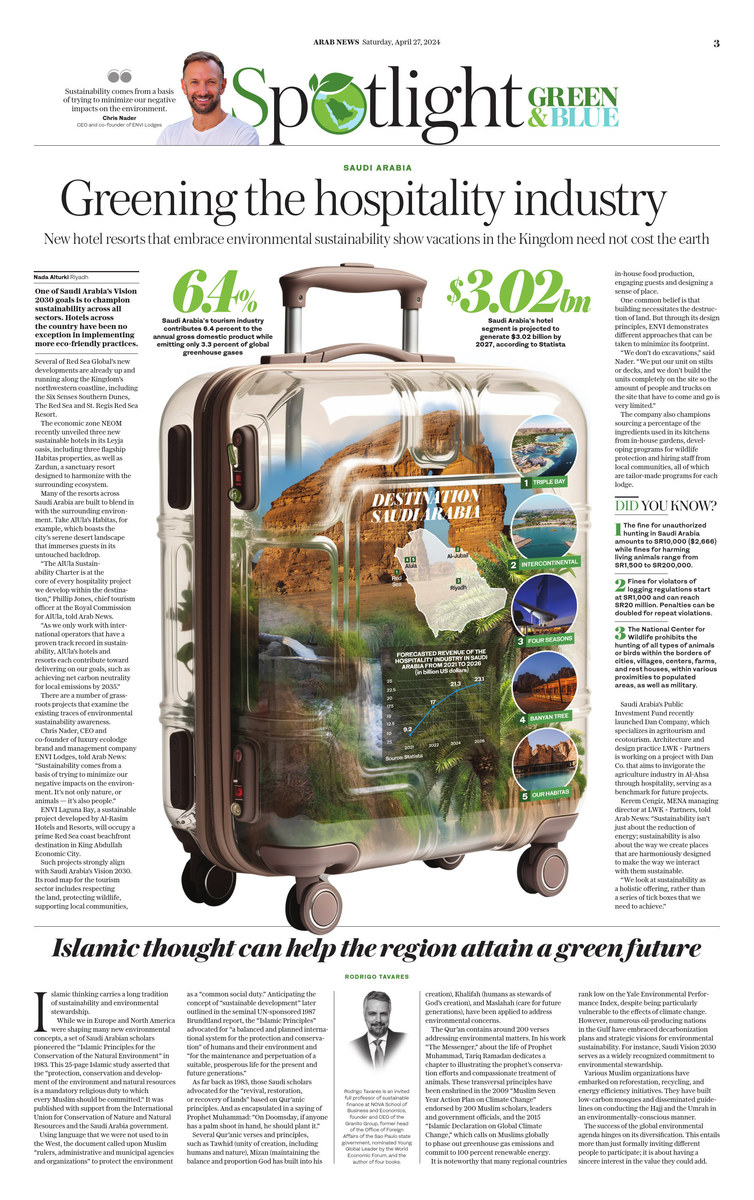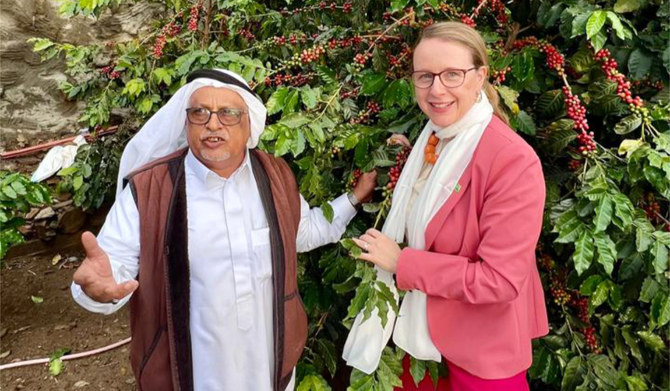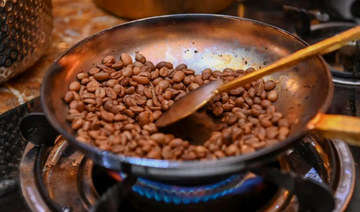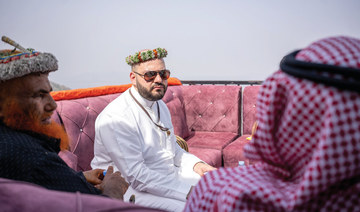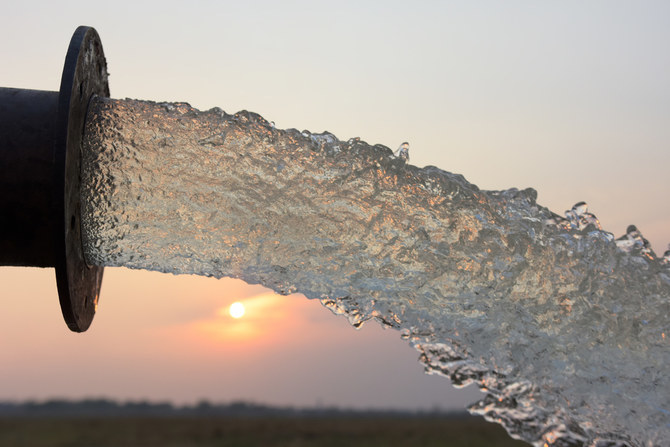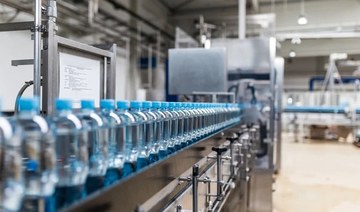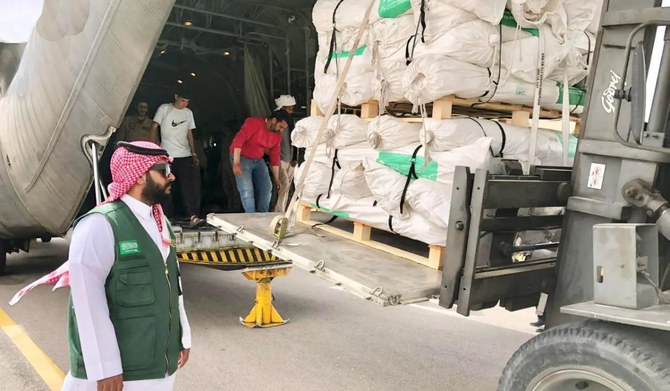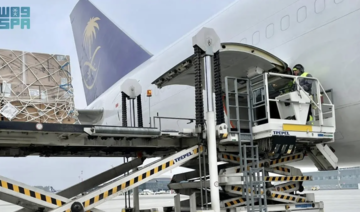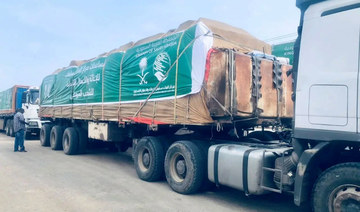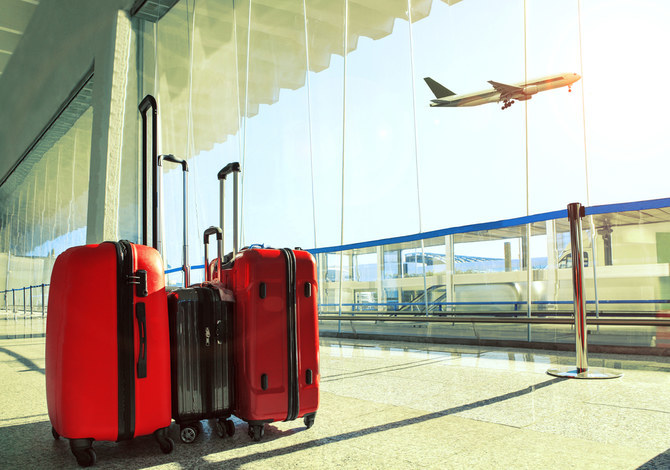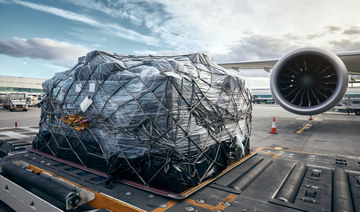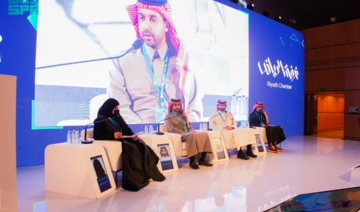DUBAI: It goes without saying that happiness, or the lack of it, is a subjective experience, unique to every individual.
As such, measuring an entire society’s emotional state and ranking it against another might be considered an imperfect science — though perhaps a fairer reflection of comparative social wellbeing than gross domestic product (GDP) figures alone.
Nevertheless, one thing is certain: The coronavirus pandemic and its myriad of social restrictions have done little to lift humanity’s collective spirits, leading to a palpable sense of loneliness, anxiety, and all-round existential dread.
Indeed, few people outside the world’s conflict zones and epidemic-prone regions can recall a more miserable year in recent memory.
What the experts are keen to know is whether a society’s handling (or mishandling) of the pandemic has had any discernible impact on just how fed up their citizens are, and which countries are outperforming others in fostering wellbeing.
Cue the World Happiness Report 2021, published by the UN Sustainable Development Solutions Network in March. In the past year, the annual report has sought to measure the effects of COVID-19 on global quality of life and ranked 95 countries in its happiness index.
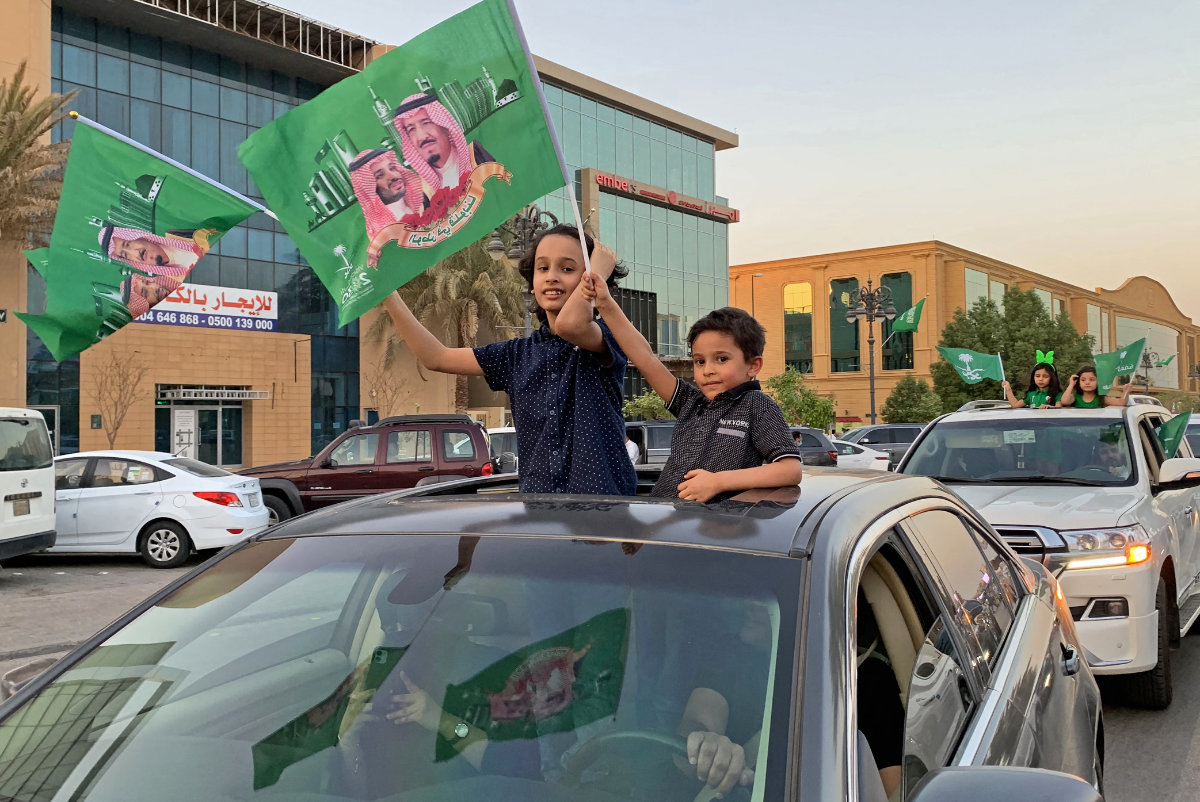
Offering young people a sense of real optimism is one of the strongest things that the Kingdom has done. (Supplied)
Compiled by a team of independent experts, the report incorporated data from the ICL-YouGov Behavior Tracker as part of the COVID-19 data hub from the Institute of Global Health Innovation.
Jeffrey Sachs, one of the report’s co-authors, said: “This is definitely the strangest year in our lives for most of us and in producing the World Happiness Report, because we have been trying, in real time, to understand and monitor an incredibly complex set of challenges and changes that people around the world are facing.”
The 2021 report evaluates government responses to the pandemic’s toll on health, the economy, and psychology, identifying links between trust in state institutions, how COVID-19 was addressed, and the happiness of societies.
 Parts of the report measured the impact of the pandemic on the work environment, the quality of social relations, individuals’ mental health, confidence in government procedures, and the country’s ability to overcome the repercussions of the virus outbreak. Other sections examined unemployment rates, inequality, and the prevalence of loneliness.
Parts of the report measured the impact of the pandemic on the work environment, the quality of social relations, individuals’ mental health, confidence in government procedures, and the country’s ability to overcome the repercussions of the virus outbreak. Other sections examined unemployment rates, inequality, and the prevalence of loneliness.
For the fourth year running, Finland topped the index for happiness, followed by Iceland, Denmark, Switzerland, and the Netherlands. The bottom five spots were occupied by Cambodia, India, Jordan, Tanzania, and Zimbabwe.
Saudi Arabia ranked first among Arab countries and 21 globally. The UAE ranked 27, followed by Bahrain (35), Morocco (80), Iraq (81), Tunisia (82),and Egypt (87).
Trust was shown to be the key factor linking COVID-19 and reported happiness. Of all the six factors supporting happiness, trust was seen as playing the strongest role in helping countries find and implement successful COVID-19 strategies.
The report found that trust was even more important when COVID-19 required the whole structure of private and public lives to be refocused on fighting the pandemic.
“Societies with higher trust in public institutions and greater income equality were shown to be more successful in fighting COVID-19, as measured by 2020 rates of COVID-19 deaths,” the study said.
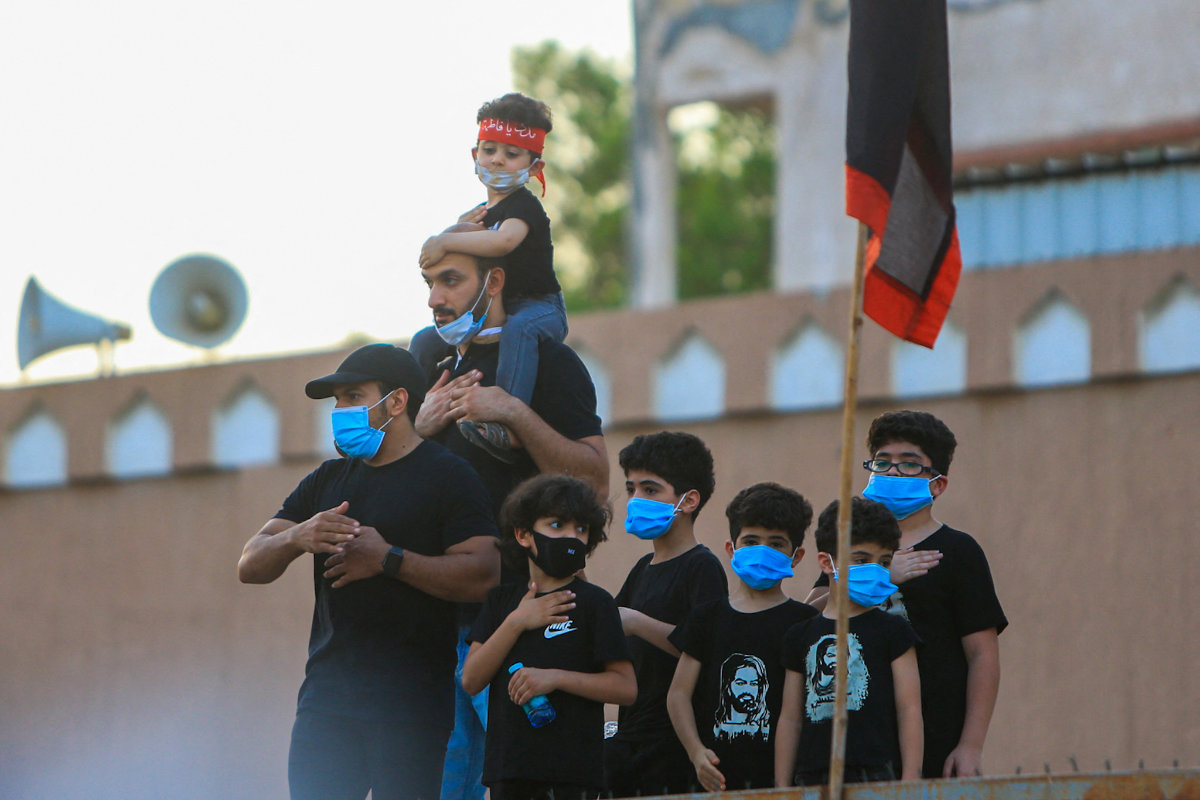
Offering young people a sense of real optimism is one of the strongest things that the Kingdom has done. (Supplied)
“The most successful strategy was shown to be to drive community transmission to zero, and to keep it there. Countries that did so saved lives and achieved more open societies and economies at the end of 2020. This is likely to help them to be happier societies in 2021 and beyond.”
During a webinar marking the launch of World Happiness Report 2021, Sachs said the world was today more focused on happiness and wellbeing than it was 10 years ago, offering hope that improved understanding would ultimately contribute to improved happiness.
John Clifton, global managing partner at Gallup, which powered the report’s data, said research into happiness had demonstrated the highly detrimental effects of loneliness.
“COVID-19 has only exacerbated loneliness. Today, over 300 million people in the world experience that kind of loneliness where they do not spend a single hour in a week with a single friend or family member, which is widening the gap. This is where we can start to make these people’s lives better,” he added.
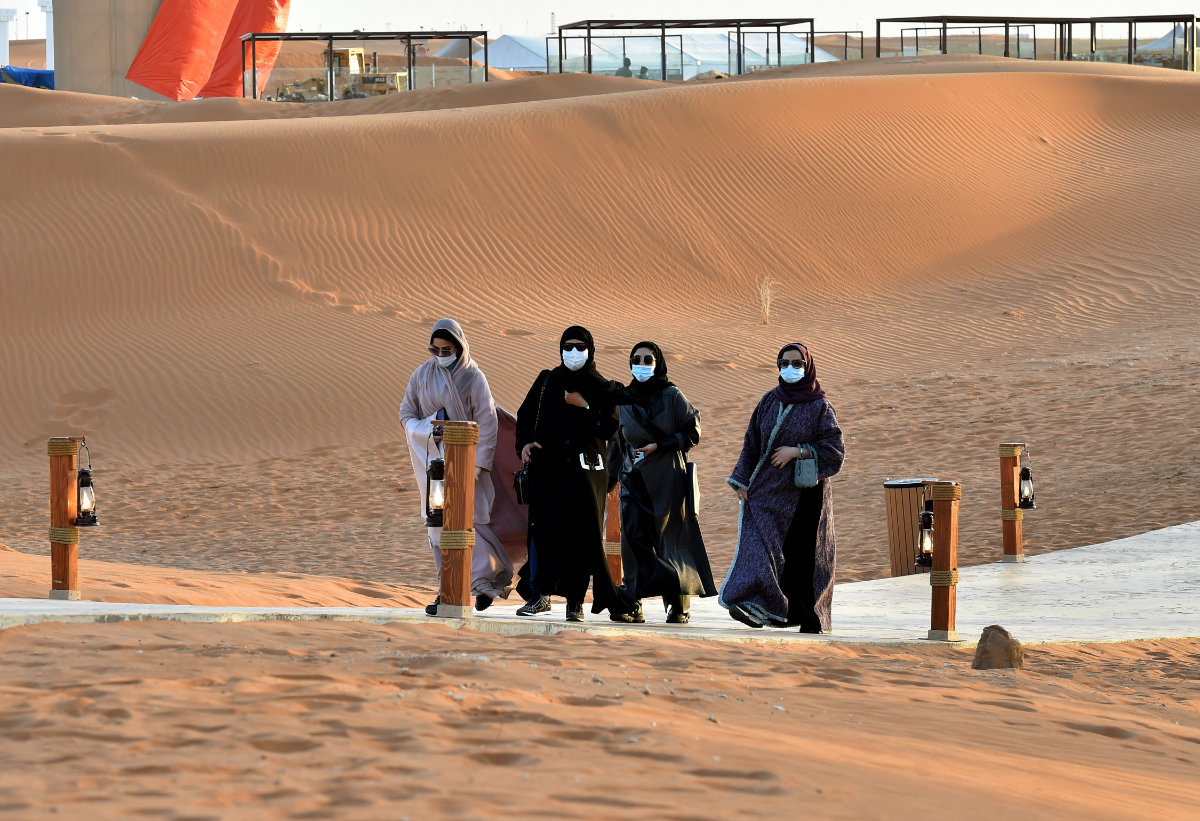
Offering young people a sense of real optimism is one of the strongest things that the Kingdom has done. (Supplied)
Among Arab countries, the data on life satisfaction has shown improvement, especially in Saudi Arabia whose scores have risen steadily since 2017.
“Life satisfaction is very highly correlated with GDP — providing housing, education, healthcare, access to employment, roads, electricity, and people’s basic needs,” said Dr. Louise Lambert, editor of the Middle East Journal of Positive Psychology.
“Life satisfaction is easy to attain provided you have good governance and wealth, so it’s not surprising that Saudi Arabia ranks high because it has more means to be able to take care of people. It’s also certainly the case in the UAE. There are more social welfare programs, for instance.”
But wealth aside, Lambert highlighted some of the “tremendous changes” taking place in Saudi Arabia, which have undoubtedly generated a sense of optimism among the population. “It’s not just noise,” she told Arab News. “It’s being backed up by action.”
She noted that was especially the case for women, who were now able to drive, enter the workforce, and make their own income and choices, thanks to changes to guardianship laws. “You can even go to concerts now and these things really add to the quality of life,” Lambert added.
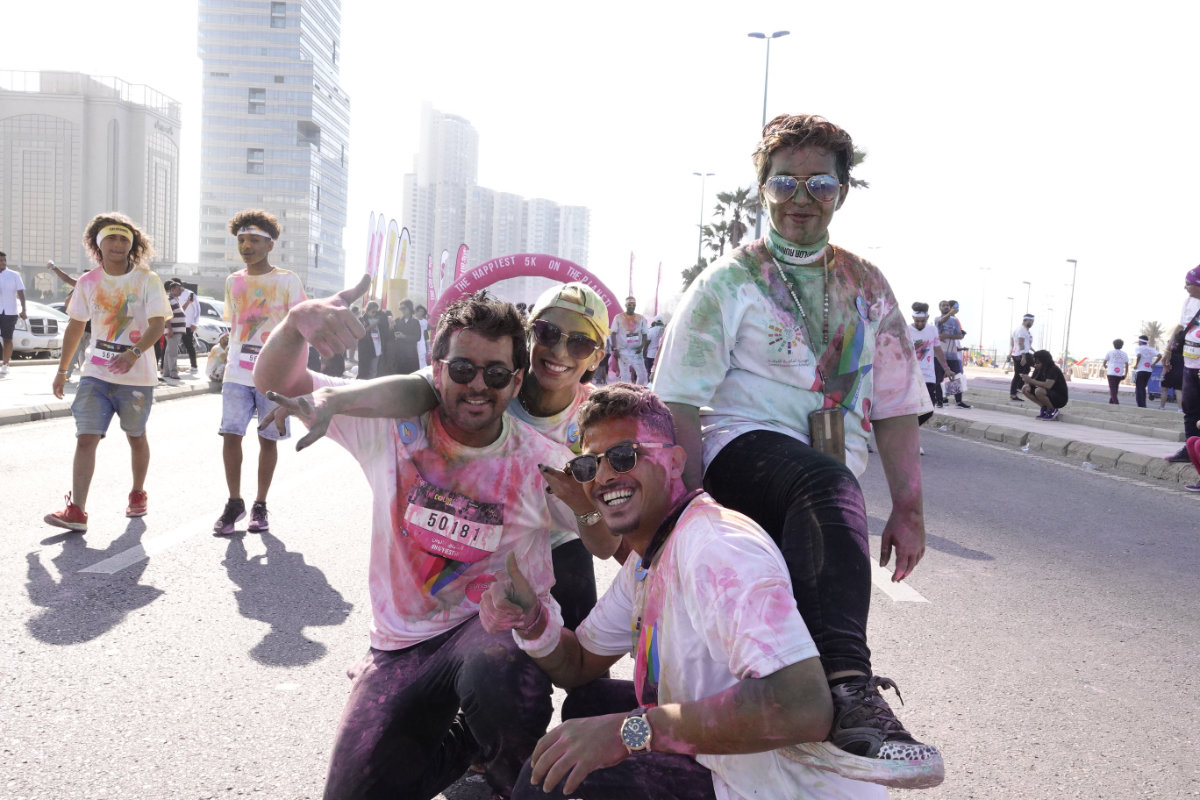
Offering young people a sense of real optimism is one of the strongest things that the Kingdom has done. (AN file photo)
“This is one of the strongest things that the Saudi government has been able to do: Offer young people a sense of real optimism, not just a bunch of smoke and mirrors, and these have been profound changes for men and women, but especially for women, and they really back that up by policy and economic changes, which translate into very real social changes.”
Other positive indicators for the Kingdom include GDP growth, social support, average life expectancy, freedom to make life decisions, and generosity. The country has recorded a significant statistical drop in its score for negative feelings, including stress, worry, and sadness.
Lambert pointed out that Saudi Arabia’s social structure and cohesiveness provided a built-in support system for the local population.
“Although people get mental health services in the Middle East in general, there is a benefit if you live with big families because you get to talk to someone,” she said.
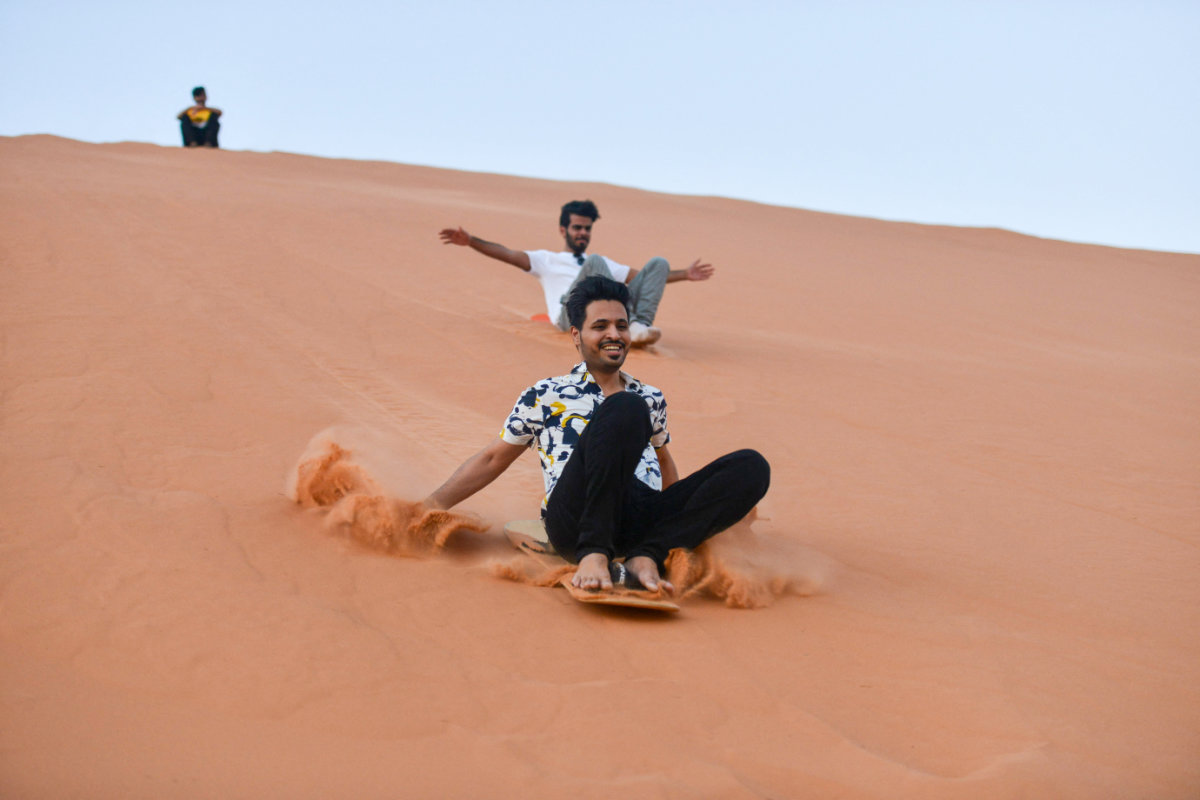
Offering young people a sense of real optimism is one of the strongest things that the Kingdom has done. (Supplied)
Looking ahead, she said the Kingdom was on the right track with Vision 2030, the country’s economic diversification plan. For the wider region, she suggested improvements could be made in physical and mental health, rates of obesity, diabetes, and bringing down levels of early heart attacks.
She added that COVID-19 had the unexpected positive consequence of placing more emphasis on mental health, psychological wellbeing, and happiness.
“People are taking it seriously and it has put a spotlight on the fact that how people feel really matters," Lambert said.
“This is part of Saudi Arabia’s vision. I hope they will really back that up now with programs, services, initiatives, mental-health hotlines, and research in universities around mental health and not just around problems because these are a small part, so it’s more about opportunities for wellbeing. This is where positive psychology comes in.”
__________
• Twitter: @CalineMalek









